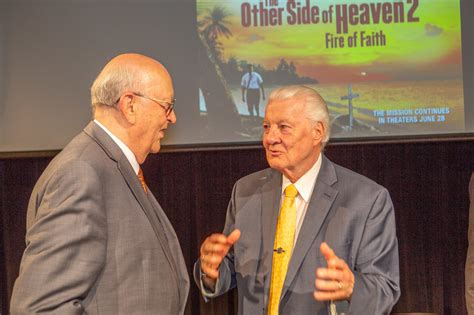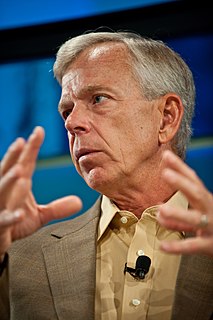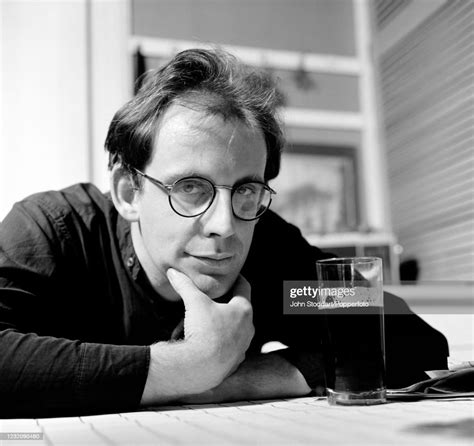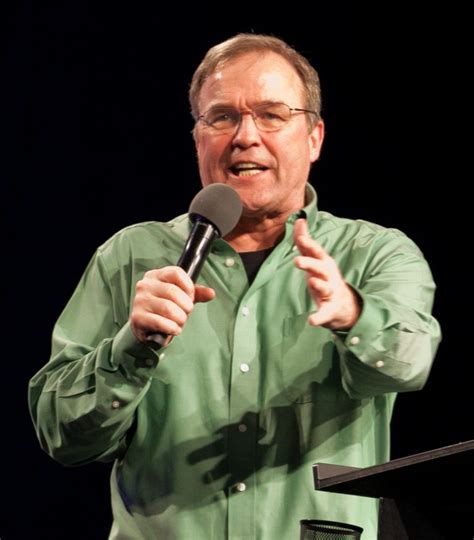A Quote by Jose Ortega y Gasset
A revolution only lasts fifteen years, a period which coincides with the effectiveness of a generation.
Quote Topics
Related Quotes
As to the history of the revolution, my ideas may be peculiar, perhaps singular. What do we mean by the revolution? The war? That was no part of the revolution; it was only an effect and consequence of it. The revolution was in the minds of the people, and this was effected from 1760 to 1775, in the course of fifteen years, before a drop of blood was shed at Lexington.
It is only after mature deliberation and thorough preparation that I have decided upon the Program of Revolution and defined the procedure of the revolution in three stages. The first is the period of military government; the second, the period of political tutelage; and the third, the period of constitutional government.
If you look at the first generation of wireless, it really lasted about 15 years before we went to the second generation. When we implemented the fourth generation, which allowed us to do all the smartphones and the videos, the time between that and going to the fifth generation is going to be four years.
Every generation thinks things are happening that have never happened before. Every generation of people thinks we're in the last days. Every generation's filled with pessimists. But when you have the Millennials generation, a majority of which have never had a job - you might even be able to put the period there: "Have never had a job, period" - or never had a job in a healthy economy.
Muhammad was a prince; he rallied his compatriots around him. In a few years, the Muslims conquered half of the world. They plucked more souls from false gods, knocked down more idols, razed more pagan temples in fifteen years than the followers of Moses and Jesus did in fifteen centuries. Muhammad was a great man. He would indeed have been a god, if the revolution that he had performed had not been prepared by the circumstances.
Jeremy Popkin's collection of first-person narratives of the Haitian Revolution is an extremely valuable work, accessible, sound and intelligent. I only wish such a book had been available fifteen years ago when I was in the early stages of researching my series of novels. Popkin has been deft and tactful in stitching together these excerpts, and as a result, he manages to tell a complete version of the Revolution almost entirely in the words of the people who experienced it-this book engaged me deeply.
Today's children are living a childhood of firsts. They are the first daycare generation; the first truly multicultural generation; the first generation to grow up in the electronic bubble, the environment defined by computers and new forms of television; the first post-sexual revolution generation; the first generation for which nature is more abstraction than reality; the first generation to grow up in new kinds of dispersed, deconcentrated cities, not quite urban, rural, or suburban.
But above all, what this Congress can be remembered for is opening the way to a new American revolutiona peaceful revolution in which power was turned back to the peoplein which government at all levels was refreshed and renewed and made truly responsive. This can be a revolution as profound, as far-reaching, as exciting as that first revolution almost 200 years agoand it can mean that just 5 years from now America will enter its third century as a young nation new in spirit, with all the vigor and the freshness with which it began its first century.
Revolution is engendered by an indignation with tyranny, yet is itself pregnant with tyranny.... An attempt to scrutinize men's thoughts and punish their opinions is of all kinds of despotism the most odious: yet this is peculiarly character of a period of revolution.... There is no period more at war with the existence of liberty.
The word revolution itself has become not only a dead relic of Leftism, but a key to the deadendedness of male politics: the revolution of a wheel which returns in the end to the same place; the revolving door of a politics which has liberated women only to use them, and only within the limits of male tolerance.
The days of the revolution now give place to the period of regular organization, liberty, and prosperity, which that revolution guarantees. Thus, when everything concurs for the pacification of internal troubles, the threats of the enemies of France must, in the face of the public happiness, appear even to themselves insensate.









































